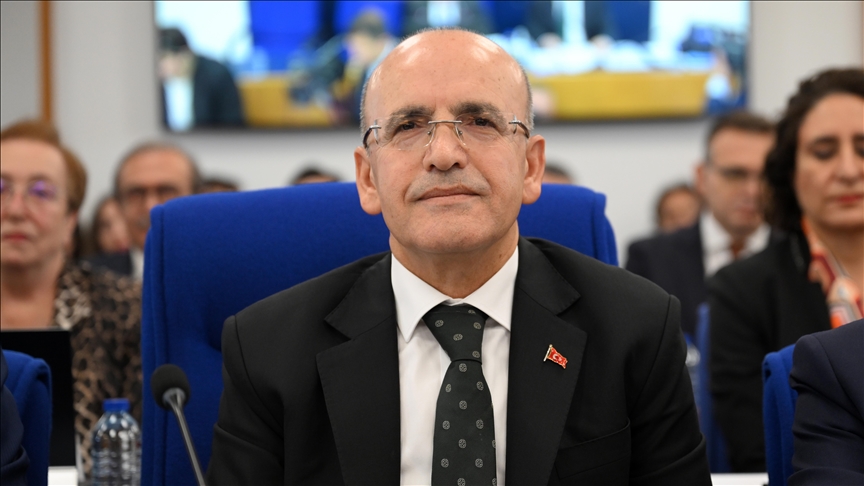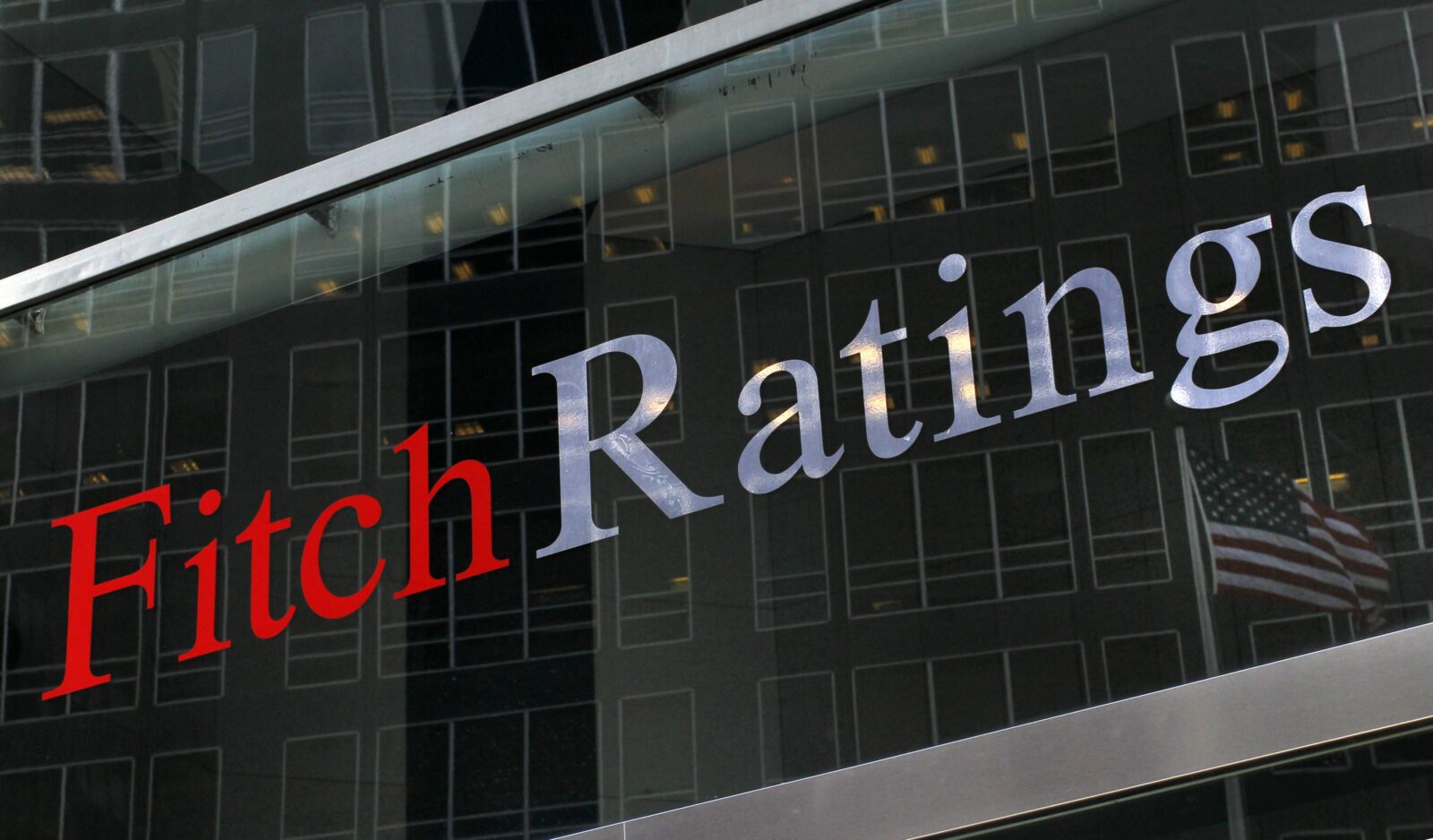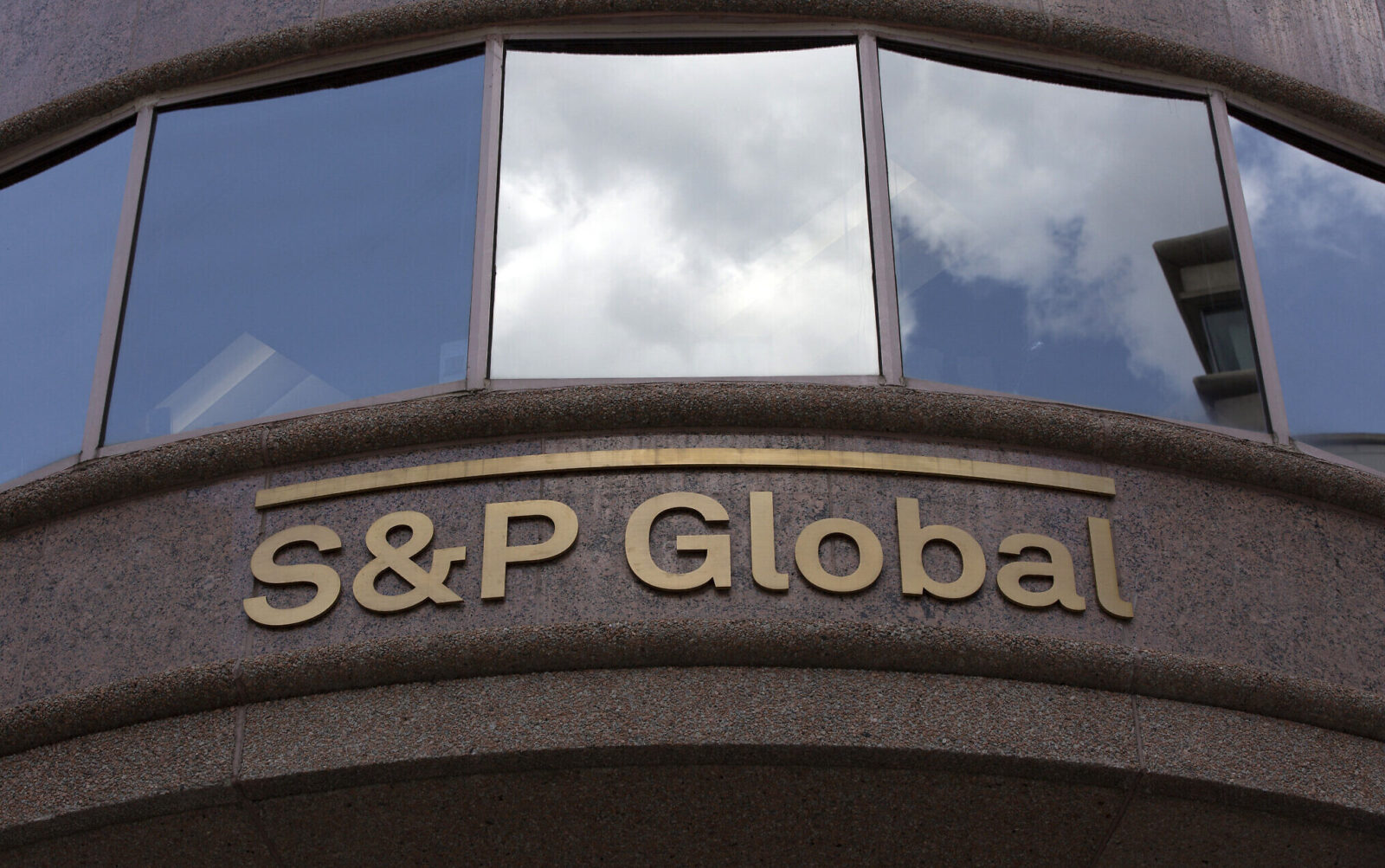Turkish economy bids farewell to 2024 as challenging yet recovering year
 Photo illustration shows a financial graph overlayed on a background featuring the Turkish flag and banknotes, symbolizing Türkiye's economic trends, financial performance, and currency fluctuations. (Collage by Türkiye Today)
Photo illustration shows a financial graph overlayed on a background featuring the Turkish flag and banknotes, symbolizing Türkiye's economic trends, financial performance, and currency fluctuations. (Collage by Türkiye Today)
A harsh disinflation program characterized by monetary tightness to stabilize prices and sustain economic growth amid global turmoil in the finance world shifted the Turkish economy to a bright outlook as the interest cut cycle began before the year-end.
The year began with the continuation of strict monetary policies, but ended with a significant shift in strategy, highlighting the government’s adaptive approach to evolving economic challenges.
The primary focus of the economic management this year was taming inflation, which had plagued Türkiye for years.
Monetary tightening strives to struggle with inflation
Following the resignation of Governor Hafize Gaye Erkan in February, Fatih Karahan took over as head of the Central Bank of the Republic of Türkiye (CBRT) as the bank maintained an aggressive tightening policy, raising interest rates to a peak of 50% by mid-year.
This policy succeeded in reducing inflation to 47.09% by November, marking a turning point in the country’s battle against soaring prices.
The most notable development came in late December, when the central bank shifted course by cutting its key interest rate for the first time in nearly two years.
The decision to trim the policy rate from 50% to 47.5% signaled a cautious move to support economic growth as inflationary pressures eased.


The central bank emphasized it remained committed to maintaining price stability and would monitor inflation closely before making further adjustments.
Only country to receive upgrade from all credit rating agencies
Global credit rating agencies upgraded Türkiye’s rating significantly throughout 2024. In July, Moody’s raised Türkiye’s long-term foreign- and domestic-currency issuer and foreign-currency senior unsecured ratings of ‘B1’ from ‘B3’ with a positive outlook, citing effective monetary policies and improved economic stability.
| Rating agencies | Türkiye sovereign credit rating | Outlook |
| Fitch | BB- | Stable |
| Moody’s | B1 | Positive |
| S&P | BB- | Stable |
Then in September, Fitch Ratings upgraded Türkiye’s long-term foreign currency issued default rating to ‘BB-‘ from ‘B+’ with a stable outlook, reflecting improved external buffers, reduced contingent foreign exchange liabilities, the expectation of lower inflation, and lower current account deficits.



The most notable upgrade came in November when S&P Global raised Türkiye’s long-term sovereign credit rating from ‘B+’ to ‘BB-.’
This reflected a growing confidence in Türkiye’s economic management and its commitment to addressing structural challenges. With all those changes, Türkiye was the only country to get upgrades from all major credit rating agencies in 2024.
Besides these rating upgrades, Türkiye saw a significant improvement in its international reserves, which hit a record level of $159.4 billion as of Dec. 6.
Türkiye’s five-year credit default swaps (CDS) dipped below 250 basis points on Dec. 6 for the first time since February 2020, leading to easier access to financing with decreased costs and satisfying foreign investors.
Stock exchanges roared
The performance of Türkiye’s benchmark BIST 100 stock index also reflected renewed investor sentiment. Throughout 2024, the index saw a robust recovery, rising nearly 34% by year-end, led by gains in the banking and industrial sectors.
Increased foreign investment flowed into Turkish equities as international investors responded positively to the central bank’s policies and the government’s commitment to structural reforms.
Despite these positive developments, the country faced ongoing challenges. The unemployment rate rose to 8.8% in October, reflecting the economic adjustments and the impact of high interest rates on job creation.

Challenges in Turkish economy
The government continued to prioritize job creation as part of its broader economic agenda, focusing on fostering an environment conducive to business growth and attracting foreign direct investment.
Gross domestic product (GDP) growth in Türkiye slowed during 2024. The economy grew by 5.5% year-on-year in the first quarter, 2.4% in the second quarter, and 2.1% in the third quarter.
The Turkish economy contracted by 0.2% quarter-on-quarter in both the second and third quarters of 2024, reversing 1.2% growth in the first quarter.
On the fiscal front, the government took measures to protect households from the lingering effects of high prices.
A 30% hike in the minimum wage for 2025 was announced, aiming to balance the needs of workers with the broader economic effort to keep inflation under control.
The year’s successes in curbing inflation and restoring confidence provide a solid foundation, but careful navigation will be required in 2025 to sustain these gains while fostering economic growth.



